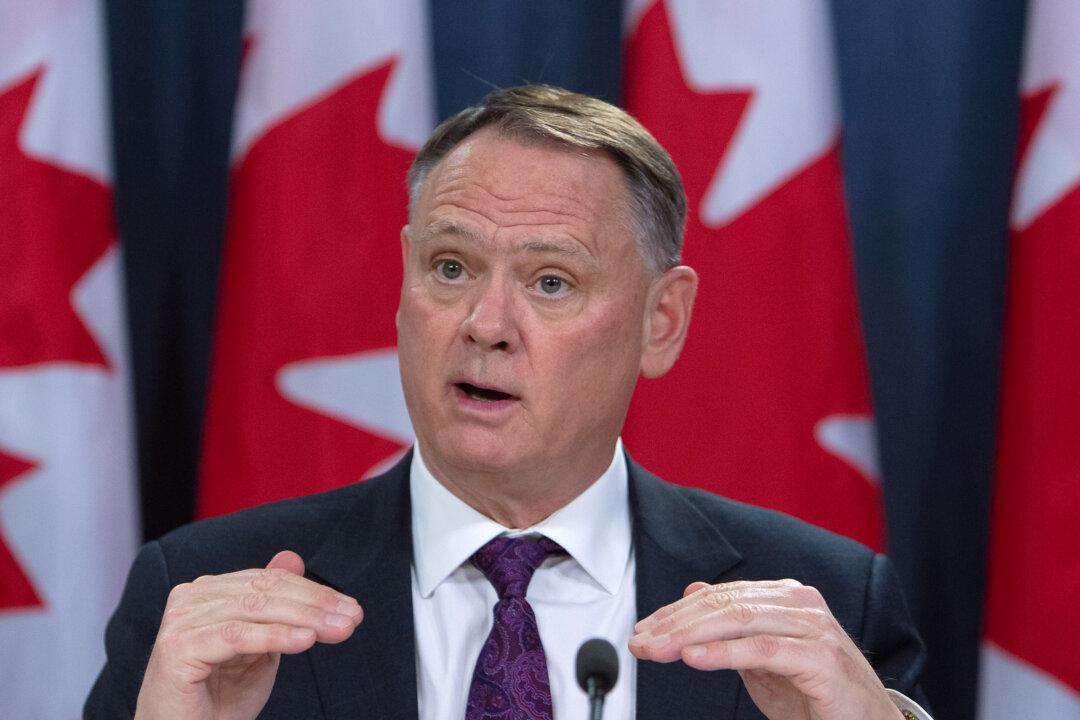The chair of the National Security and Intelligence Committee of Parliamentarians says he can’t disclose the names of MPs working with foreign states, but the RCMP can respond to questions on the matter.
“We have gone as far as we possibly can. We cannot add anything,” said Liberal MP David McGuinty in speaking to reporters in Ottawa June 5.Mr. Guinty, who heads the National Security and Intelligence Committee of Parliamentarians (NSICOP), released an explosive report on foreign interference June 3.





